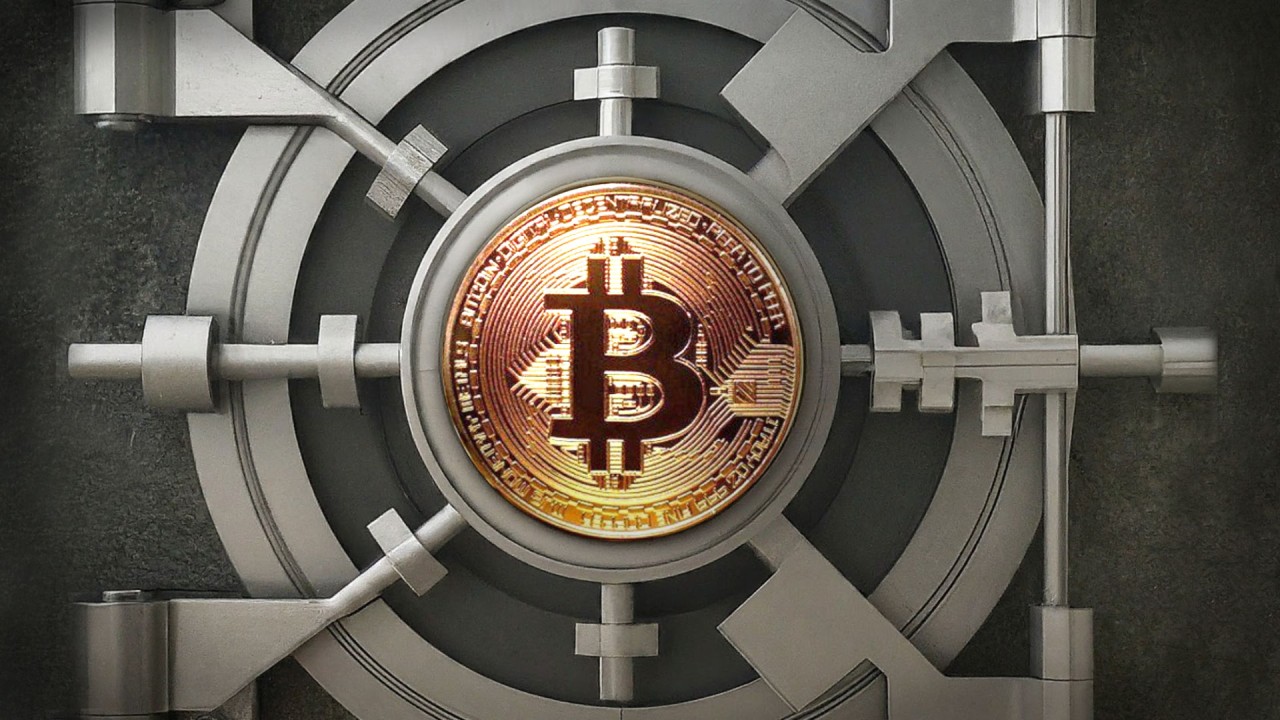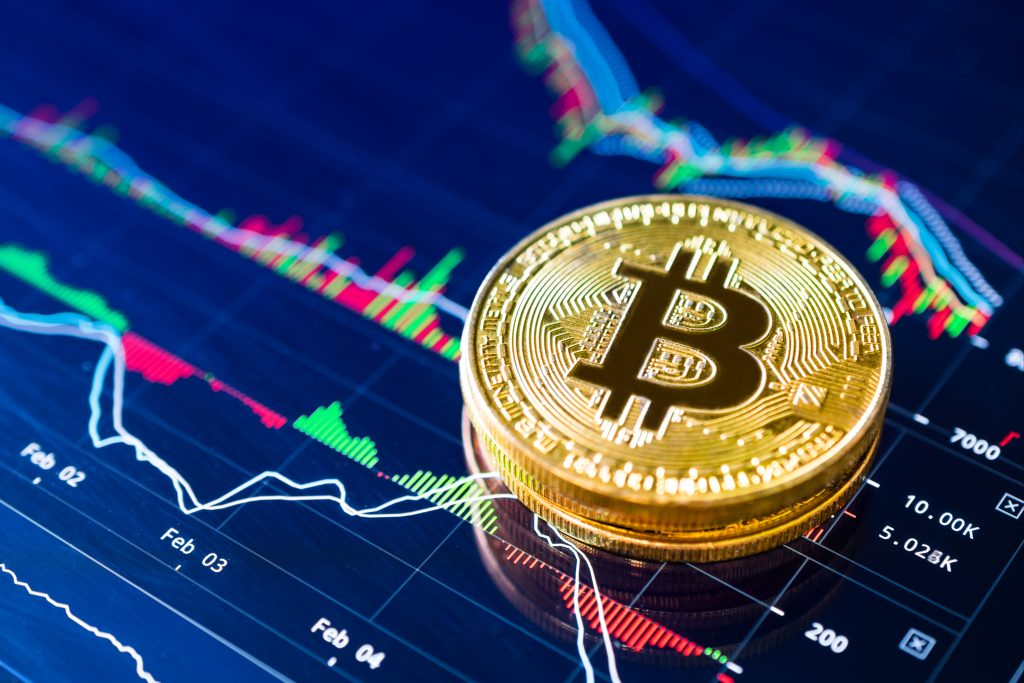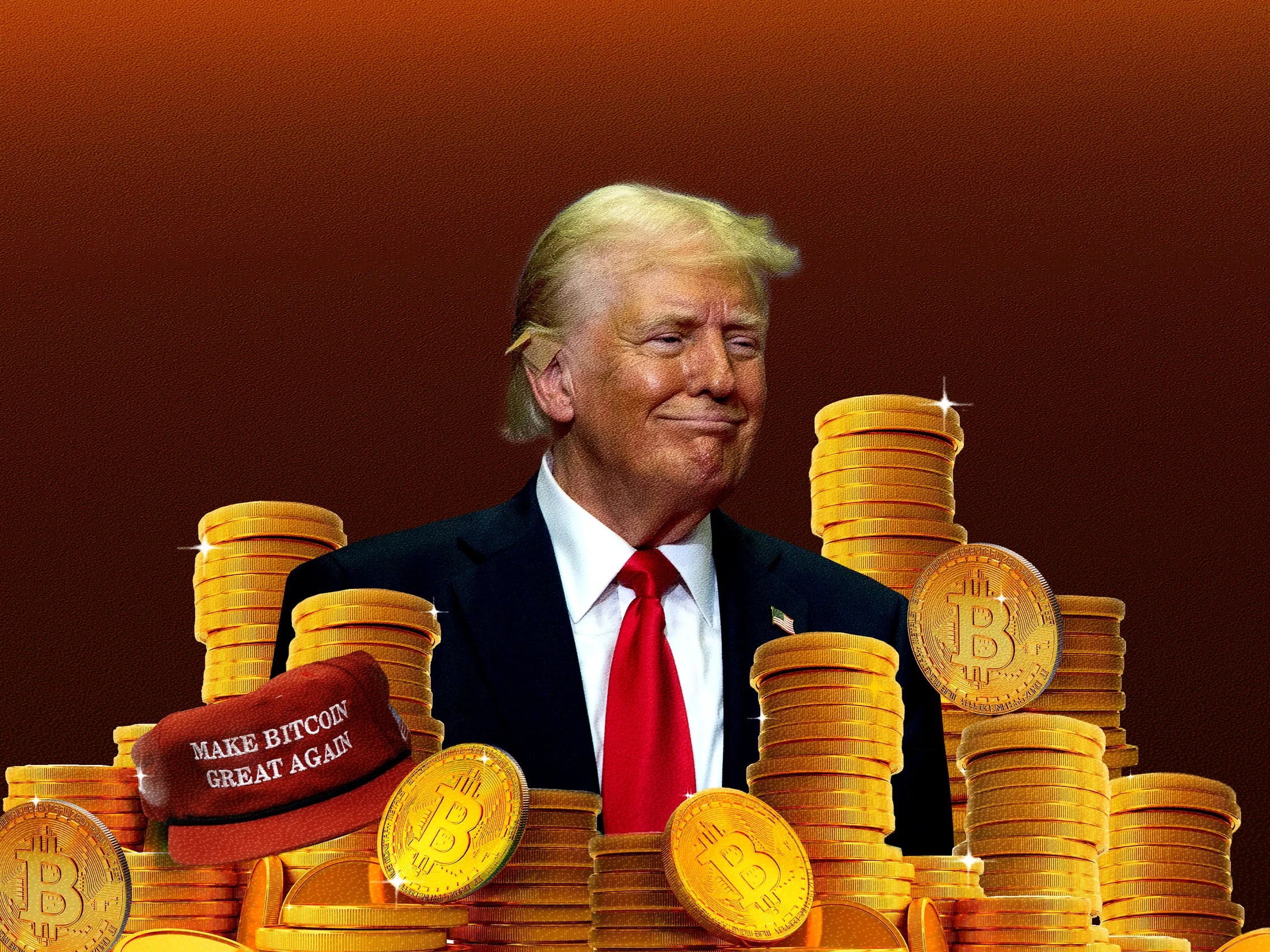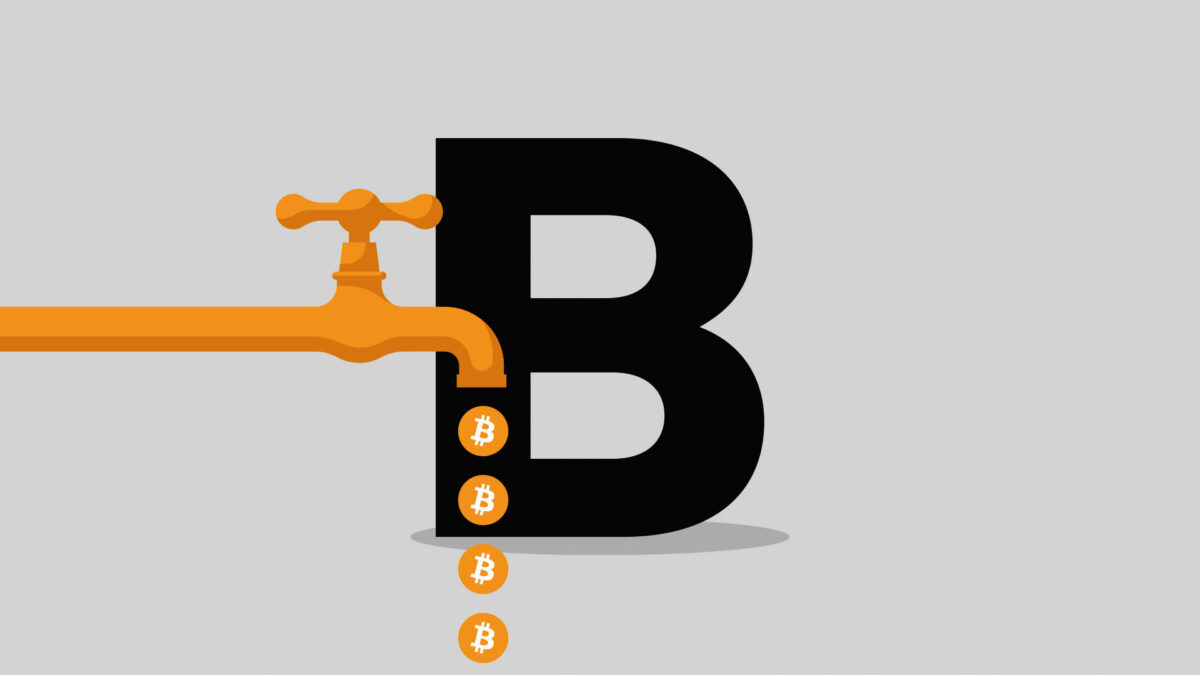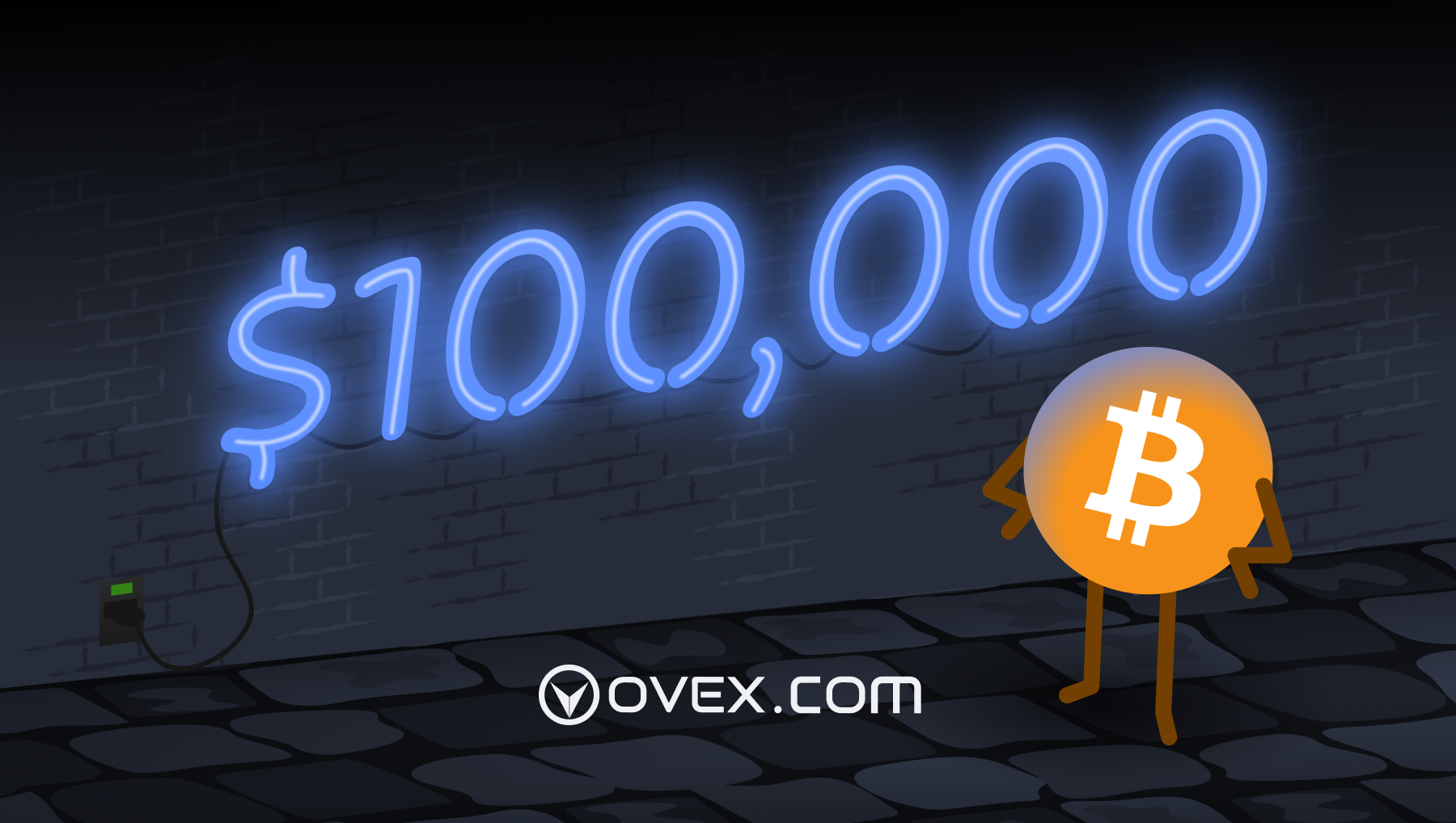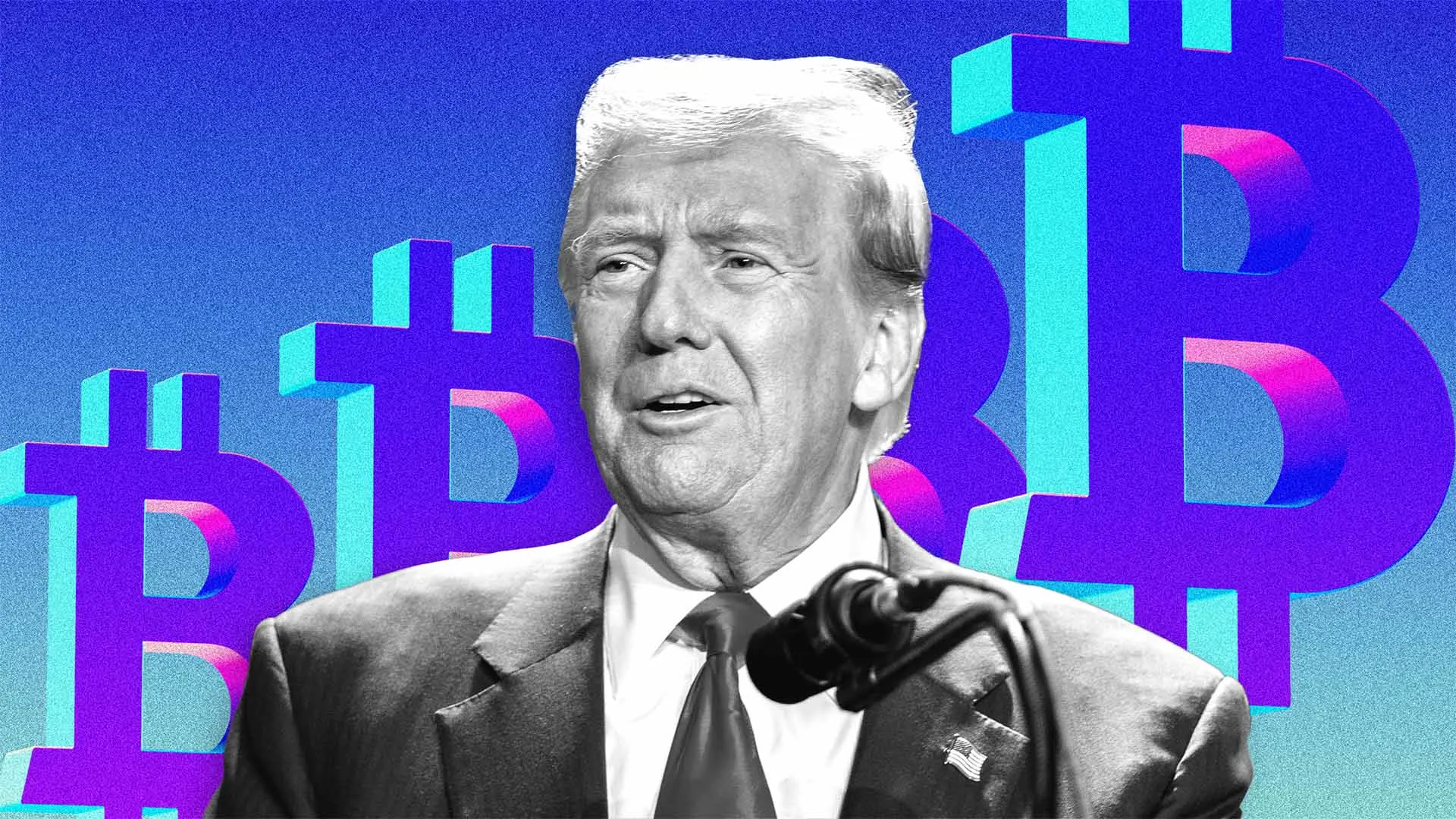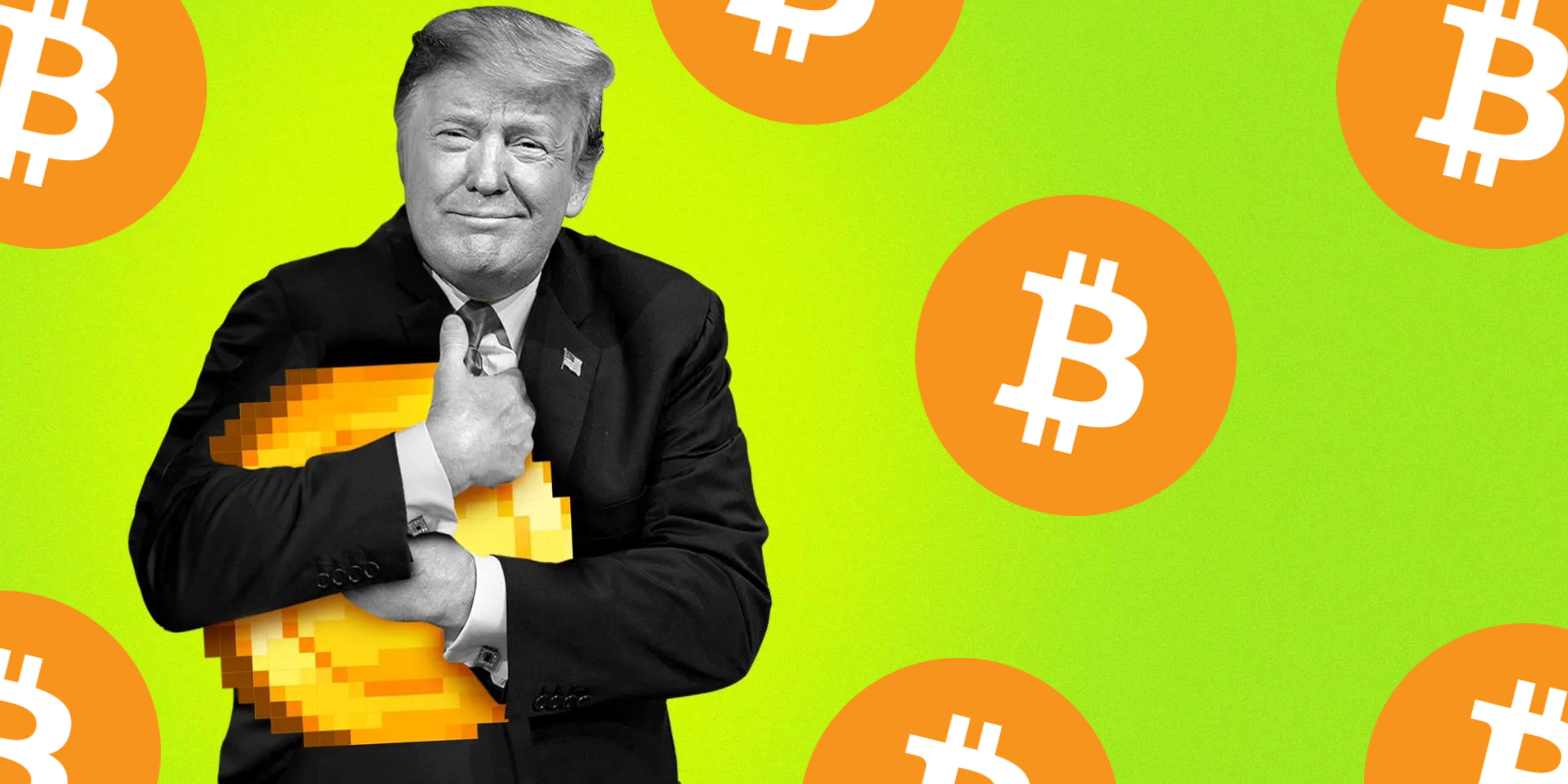In recent months, a bold new idea has entered the mainstream political discourse: creating a Bitcoin strategic reserve. This concept has been championed by influential figures like former U.S. President and current Republican candidate Donald Trump, as well as Wyoming Senator Cynthia Lummis. Trump, speaking at the Bitcoin Nashville conference, proposed that the U.S. government should stockpile Bitcoin acquired through asset seizures. Senator Lummis went even further, suggesting the U.S. should purchase 1 million Bitcoin to help pay down national debt. Meanwhile, other political leaders, such as RFK Jr., have proposed an even more ambitious reserve of 4 million Bitcoin.
While these proposals differ in scope, they share a common theme: leveraging Bitcoin to enhance the financial standing of the U.S. and protect against future economic instability.
Bitcoin in the Mainstream: A Game-Changer
The very notion of using Bitcoin as part of a national strategic reserve marks a shift in how the world’s most valuable cryptocurrency is perceived. Once viewed as a fringe asset or a speculative plaything, Bitcoin is increasingly being recognized as a store of value akin to gold. The fact that mainstream political figures are now discussing its use as a strategic reserve signifies Bitcoin’s rise to prominence as a legitimate asset class.
If adopted, such a move would provide one of the strongest endorsements of Bitcoin’s long-term value and staying power. The mere fact that this discussion is occurring at high levels of government reinforces that Bitcoin is no longer considered a speculative asset but rather a potential hedge against economic uncertainty. This recognition could accelerate the adoption of Bitcoin and other cryptocurrencies by individuals, institutions, and potentially other governments.
Why Create a Bitcoin Strategic Reserve?
The concept of a strategic reserve is not new. Governments have long maintained reserves of essential commodities—such as crude oil, food supplies, and key minerals—to ensure national security and economic stability during crises. These stockpiles are meant to safeguard against market failures, supply disruptions, natural disasters, or military conflicts.
A Bitcoin reserve would serve several unique purposes:
- Diversification of national assets.
- Strengthening the U.S. dollar’s position in the global financial system.
- Hedging against economic uncertainty and monetary instability.
Key Questions and Challenges
While the idea of a Bitcoin reserve is intriguing, there are critical challenges and questions that need to be addressed before it becomes a reality.
1. How would the U.S. fund such a purchase?
Senator Lummis has suggested using paid-in capital and surplus from Federal Reserve district banks to finance the purchase of Bitcoin. However, the Fed’s total paid-in capital and surplus account balance is currently negative $145 billion. This means the Fed would need to borrow even more money—adding to the U.S.’s already massive national debt. This presents a fundamental challenge for a country that is one of the most indebted in the world.
2. Legal hurdles and changes to the Federal Reserve Act.
Under the current Federal Reserve Act, the Fed’s open market investments are restricted to U.S. government obligations or instruments guaranteed by the federal government or its agencies. To allow Bitcoin purchases, Congress would need to amend the act, which could open the door for other crypto assets or special interest groups to lobby for inclusion. This could undermine Bitcoin’s role as a unique, separate asset class and create immense pressure on the Fed to invest in various assets—potentially diluting the distinctiveness of Bitcoin as a “risk-off” asset.
3. Does government control of Bitcoin contradict its original ethos?
Bitcoin was designed to operate as a decentralized, permissionless financial network—free from the control of any single entity, including governments. If the U.S. government were to amass a significant Bitcoin reserve—potentially up to 5% of the entire supply—it could exert outsized influence over the network, at least in theory.
The fear of government control extends beyond U.S. ownership. Bitcoin’s pseudonymous nature, censorship resistance, and decentralized structure were intended to allow individuals to transact freely, without interference or surveillance. If a government holds a large amount of Bitcoin, this could give rise to scenarios where it attempts to sway network decisions, use its holdings to influence market prices, or even act as a “backstop” for the financial system, similar to its gold reserves. This presents a philosophical dilemma for the Bitcoin community, which has historically valued Bitcoin’s independence from centralized entities.
4. Could the Fed leverage unrealized gains from gold certificates?
Another proposal from Lummis suggests funding the Bitcoin purchase through unrealized gains on the Fed’s gold certificates. While the Fed doesn’t directly own gold, it holds claims against U.S. gold reserves through these certificates. These gold certificates are currently valued at $42.22 per ounce—a price fixed in 1973. Revaluing these certificates to today’s market price of around $2,400 per ounce would unlock over $600 billion in paper gains, which could be used to fund the Bitcoin purchase. This approach would bypass taxpayer funding and allow the U.S. Treasury to retain its gold reserves.
5. Can Bitcoin help solve the U.S. debt crisis?
One of the core reasons behind Senator Lummis’ proposal is the belief that Bitcoin’s growth potential could help the U.S. address its soaring national debt. Bitcoin’s disinflationary properties—thanks to its capped supply of 21 million—make it an attractive asset to hedge against inflation, particularly as the U.S. continues to print money and accumulate more debt.
Historically, Bitcoin has exhibited significant growth following its halving events, which occur approximately every four years and reduce the rate at which new Bitcoin is mined. In the last 12 years, the Bitcoin price has had a compound annual growth rate (CAGR) of 105.21% If Bitcoin continues to appreciate at less than a third of its historical CAGR – proponents argue that the U.S. could leverage a 1 million Bitcoin reserve to eliminate half its national debt by 2051. This forecast, while ambitious, relies heavily on extrapolating future Bitcoin prices based on past performance—an approach that isn’t necessarily sound.
However, the underlying assumption does have merit due to Bitcoin’s scarcity and disinflationary design. Unlike fiat currencies, which can be printed indefinitely, Bitcoin’s finite supply ensures that its value could continue to rise as demand grows. While no investment can guarantee future returns based solely on past trends, Bitcoin’s unique properties give weight to the possibility that its value will appreciate over the long term.
6. Bitcoin as protection against counterparty risk in the banking sector.
The 2008 financial crisis and recent bank failures, such as Silicon Valley Bank, have exposed the vulnerabilities inherent in the traditional banking system. Unlike fiat currencies or other government bonds, Bitcoin does not carry counterparty risk because it is a decentralized asset. The risk that a bank, financial institution, or government could default is nonexistent with Bitcoin because no single entity controls it.
Moreover, Bitcoin is immune to the systemic risks associated with central banks and monetary policy decisions. It is not subject to inflationary pressures resulting from excessive money printing or political decisions that may compromise the financial system’s integrity. By holding Bitcoin, the U.S. government could diversify its reserves in a way that insulates it from traditional financial risks—making Bitcoin an ideal asset for protection against counterparty risk.
7. Could a Bitcoin reserve trigger a global arms race for digital assets?
The creation of a Bitcoin reserve by the U.S. government could have significant geopolitical ramifications. Much like the gold rushes of the 19th and 20th centuries, a Bitcoin reserve could spark a global race for digital assets, with nations scrambling to accumulate Bitcoin as a hedge against the U.S. dollar or their own currencies’ volatility.
Countries with large foreign exchange reserves, such as China, Russia, and several oil-rich nations, may begin stockpiling Bitcoin as part of their sovereign wealth strategies to diversify from the U.S. dollar. In fact, this accumulation could drive Bitcoin’s price higher and intensify demand for a finite asset—further driving its value as a strategic reserve. The nations that are slow to enter this race could find themselves at a competitive disadvantage in future economic and financial systems based on decentralized technologies.
Conclusion: A Step Towards a Digital Future?
The idea of a Bitcoin strategic reserve presents both opportunities and challenges. On one hand, it could strengthen the U.S.’s financial position, hedge against inflation, and provide a powerful endorsement of Bitcoin’s role as a long-term store of value. On the other hand, it introduces complex legal, financial, and philosophical questions that need to be carefully considered.
Ultimately, whether a Bitcoin reserve is a good idea or not depends on one’s opinion on the answers to these critical questions. What is clear, however, is that Bitcoin’s journey from fringe asset to mainstream financial tool is accelerating, and the idea of it becoming a strategic reserve is no longer a distant possibility, but a real part of the conversation.
DISCLAIMER: Dealing or trading in cryptocurrency carries risk. By dealing or trading in cryptocurrency you assume the inherent or associated risks arising from the volatility of cryptocurrency and its limited use in the mainstream marketplace, including loss of capital. Trading in cryptocurrency may not be suitable for all persons. Past returns or performance of any cryptocurrency are not a reliable indicator for future returns. This is not financial advice and is not an invitation to trade. Ovex (Pty) Ltd is an Authorised Financial Services Provider (FSP 53922) and a registered credit provider (NCRCP15552).
